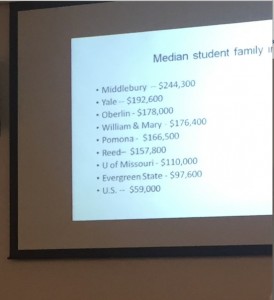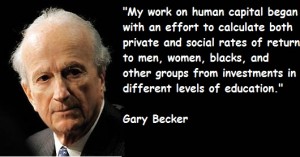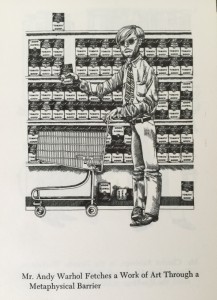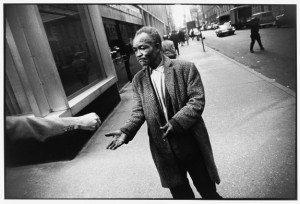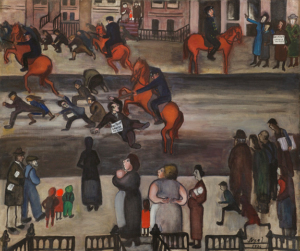
The Trouble with Disparity
Every time racial disparity is invoked as the lens through which to see American inequality, the overwhelming role played by the increased inequality in the American class system is made invisible. And this is, of course, true on the right as well as the left—think of all the conservative commentators defending the police by invoking the spectre of black-on-black murder. And then think of the widespread agreement among criminologists that the Gini coefficient “predicts murder rates better than any other variable.” Conservatives who try to blame black crime on race and liberals who try to blame it on racism are both missing the point. If you want to distinguish between the left and the right, the relevant question is not what they think about race; it’s what they think when race is taken out of the equation.



